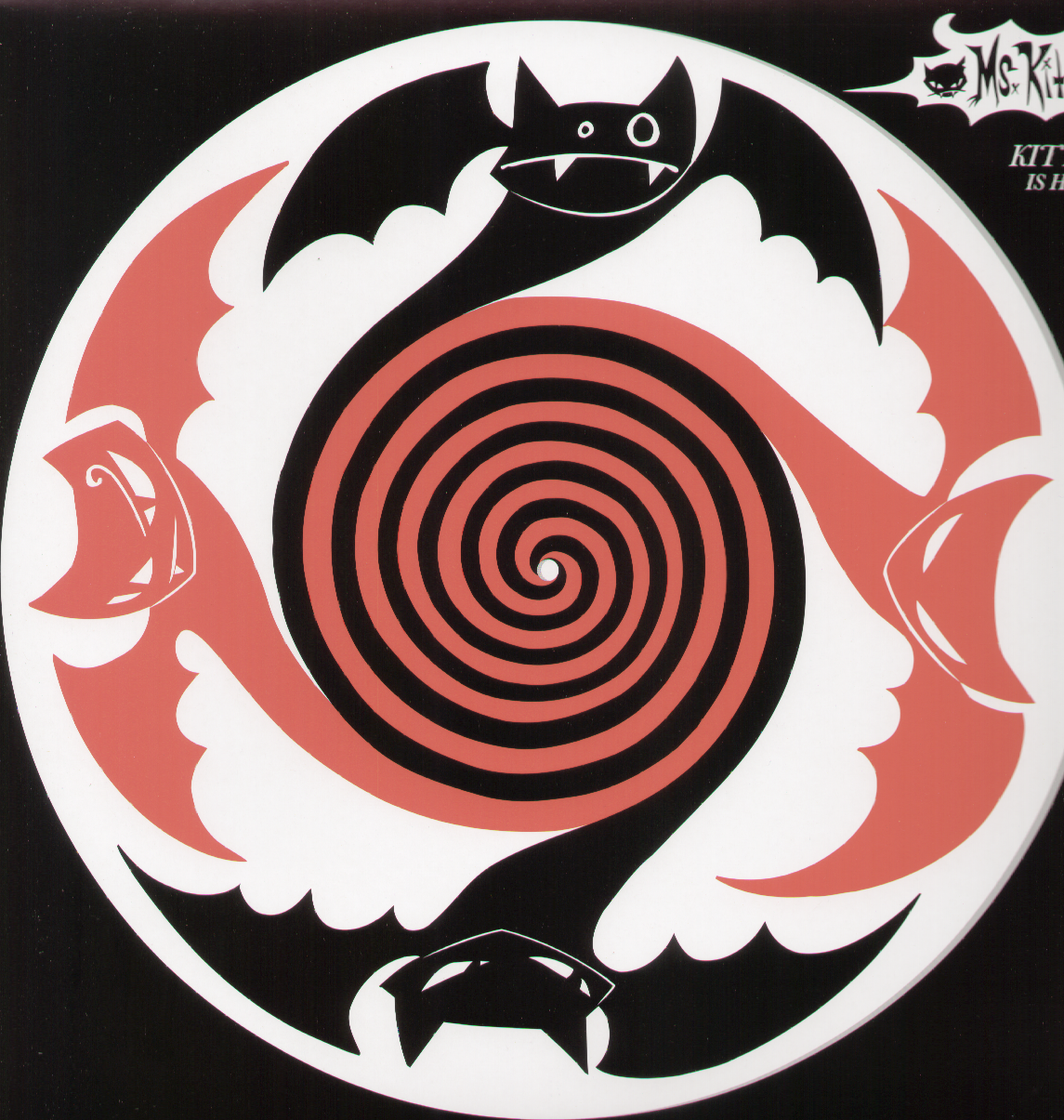
León-Portilla, Miguel
The rich documentation concerning these people, commonly called Aztecs, includes, in addition to a few codices written before the Conquest, thousands of folios in the Nahuatl or Aztec language written by natives after the Conquest. Adapting the Latin alphabet, which they had been taught by the missionary friars, to their native tongue, they recorded poems, chronicles, and traditions.
The fundamental concepts of ancient Mexico presented and examined in this book have been taken from more than ninety original Aztec documents. They concern the origin of the universe and of life, conjectures on the mystery of God, the possibility of comprehending things beyond the realm of experience, life after death, and the meaning of education, history, and art. The philosophy of the Nahuatl wise men, which probably stemmed from the ancient doctrines and traditions of the Teotihuacans and Toltecs, quite often reveals profound intuition and in some instances is remarkably "modern."
This English edition is not a direct translation of the original Spanish, but an adaptation and rewriting of the text for the English-speaking reader.
member goods
listens & views

ATLANTIC STANDARDS CHRISTMAS / VARIOUS ...
by ATLANTIC STANDARDS CHRISTMAS / VARIOUS (CAN)
COMPACT DISCout of stock
$18.99






